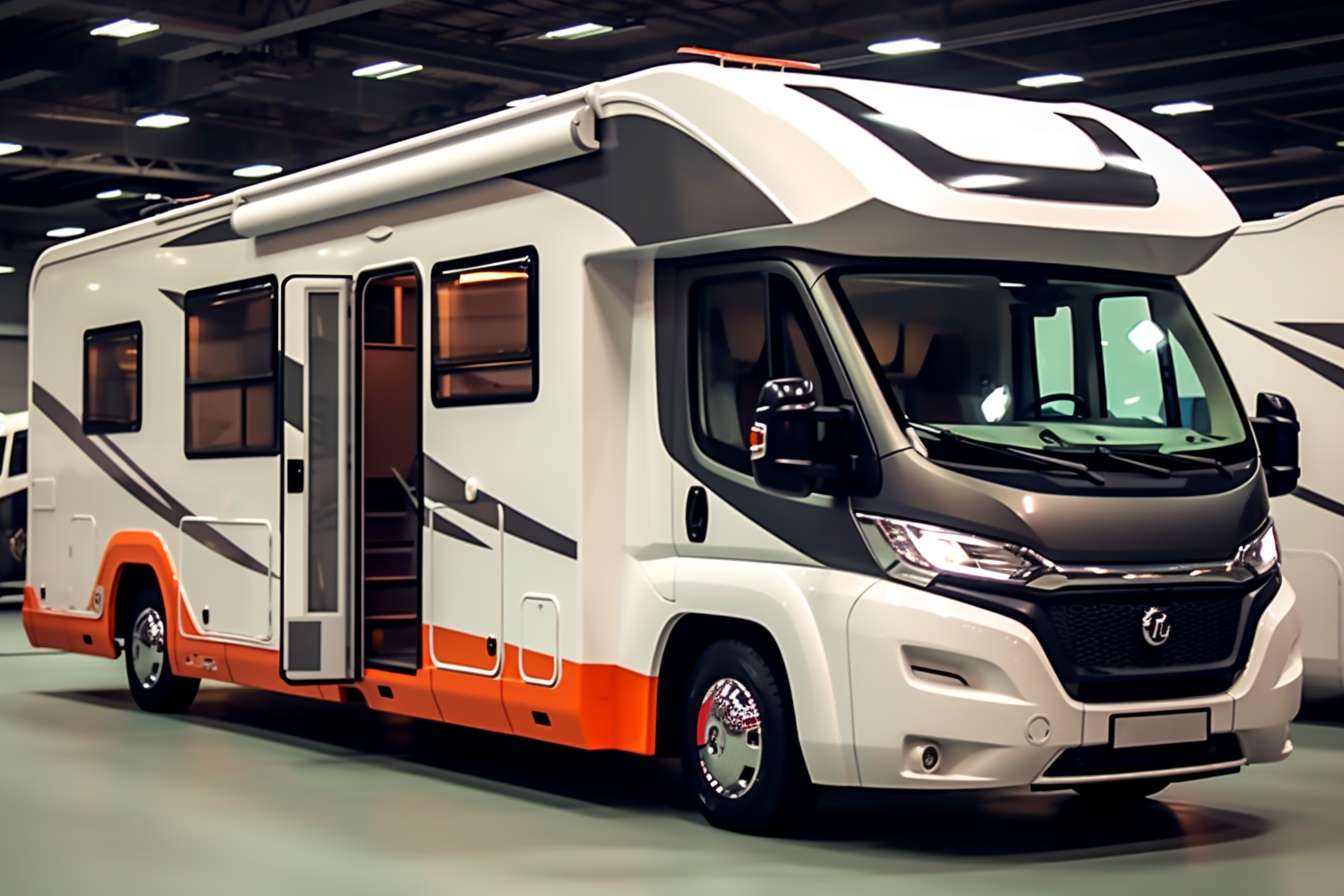Finding Repossessed RVs, Campers and Motorhomes
Repossessed RVs offer a chance to own recreational vehicles at potentially lower costs. By exploring features, condition, and history, buyers can find options that suit travel needs and lifestyles, making it possible to enjoy road trips and outdoor adventures with careful selection and planning.

How Repossessed RV Listings Work
Repossessed RV listings emerge when lenders take possession of recreational vehicles after borrowers default on their loans. Banks, credit unions, and financing companies typically work with auction houses, dealers, or online platforms to liquidate these assets. The repossession process varies by state, but generally involves legal procedures that protect both lender and borrower rights. Once the legal requirements are met, these vehicles enter the resale market through various channels, each with distinct advantages and considerations for potential buyers.
Available Repossessed RVs Options
Several types of repossessed recreational vehicles commonly appear in these markets. Class A motorhomes, the largest and most expensive category, often represent significant value opportunities when repossessed. Class B and Class C motorhomes, travel trailers, fifth wheels, and pop-up campers also frequently become available through repossession sales. The condition of these vehicles varies considerably, ranging from nearly new units with minimal wear to older models requiring substantial repairs. Some vehicles may have been well-maintained by previous owners, while others might show signs of neglect or damage from extended storage periods.
Where to Find Repossessed RVs
Multiple channels exist for locating repossessed recreational vehicles. Online auction platforms have become increasingly popular, offering nationwide access to inventory with detailed photos and descriptions. Government surplus auctions occasionally feature repossessed RVs seized for various reasons. Local credit unions and banks sometimes sell repossessed vehicles directly to the public or through partnerships with dealers in your area. Specialized repossession auction companies focus exclusively on recovered vehicles, including RVs. Additionally, some traditional RV dealers maintain relationships with lenders to acquire and resell repossessed inventory alongside their regular stock.
| Source Type | Provider Examples | Typical Inventory | Price Range Estimate |
|---|---|---|---|
| Online Auctions | Copart, IAA, GovPlanet | Wide variety, all classes | $5,000 - $150,000 |
| Bank Direct Sales | Local credit unions, regional banks | Limited selection | $8,000 - $200,000 |
| Specialty Dealers | RV liquidation centers | Moderate selection | $10,000 - $180,000 |
| Government Auctions | GSA Auctions, municipal sales | Occasional availability | $3,000 - $100,000 |
Prices, rates, or cost estimates mentioned in this article are based on the latest available information but may change over time. Independent research is advised before making financial decisions.
Inspection and Documentation Considerations
Purchasing a repossessed RV requires careful attention to inspection and documentation. Unlike traditional dealer sales, buyers often have limited opportunities to thoroughly examine vehicles before purchase. Many auction formats allow only brief preview periods or rely entirely on photographs and written descriptions. Important documentation considerations include verifying clear title transfer, understanding any liens or encumbrances, and confirming the vehicle identification number matches all paperwork. Professional inspections, while sometimes challenging to arrange in auction settings, can reveal hidden issues that significantly impact value and safety.
Financing and Legal Aspects
Financing options for repossessed RV purchases may differ from traditional retail transactions. Some auction platforms require cash payments or certified funds, while others work with specific lenders to provide financing options. Buyers should research applicable laws in their state regarding repossessed vehicle sales, including any mandatory disclosure requirements and return policies. Understanding the “as-is” nature of most repossession sales helps set appropriate expectations. Legal considerations also include proper registration procedures, insurance requirements, and any state-specific regulations governing recreational vehicle ownership and operation.
Making Informed Purchase Decisions
Successful repossessed RV purchases require thorough research and realistic expectations. Comparing prices across different platforms and sale types helps establish fair market values. Understanding repair costs and availability of parts for specific RV brands and models prevents unexpected expenses. Buyers should factor in potential refurbishment costs when evaluating total investment requirements. Setting firm budget limits and sticking to them prevents emotional bidding decisions that exceed financial capabilities. Additionally, having contingency plans for transportation and immediate repairs ensures a smoother ownership transition.
Repossessed RVs represent one pathway to recreational vehicle ownership that may offer financial advantages for informed buyers. Success in this market requires patience, research, and realistic expectations about vehicle conditions and purchase processes. While challenges exist, particularly regarding inspection limitations and varying quality levels, many buyers find suitable recreational vehicles through repossession channels that meet their needs and budgets.




